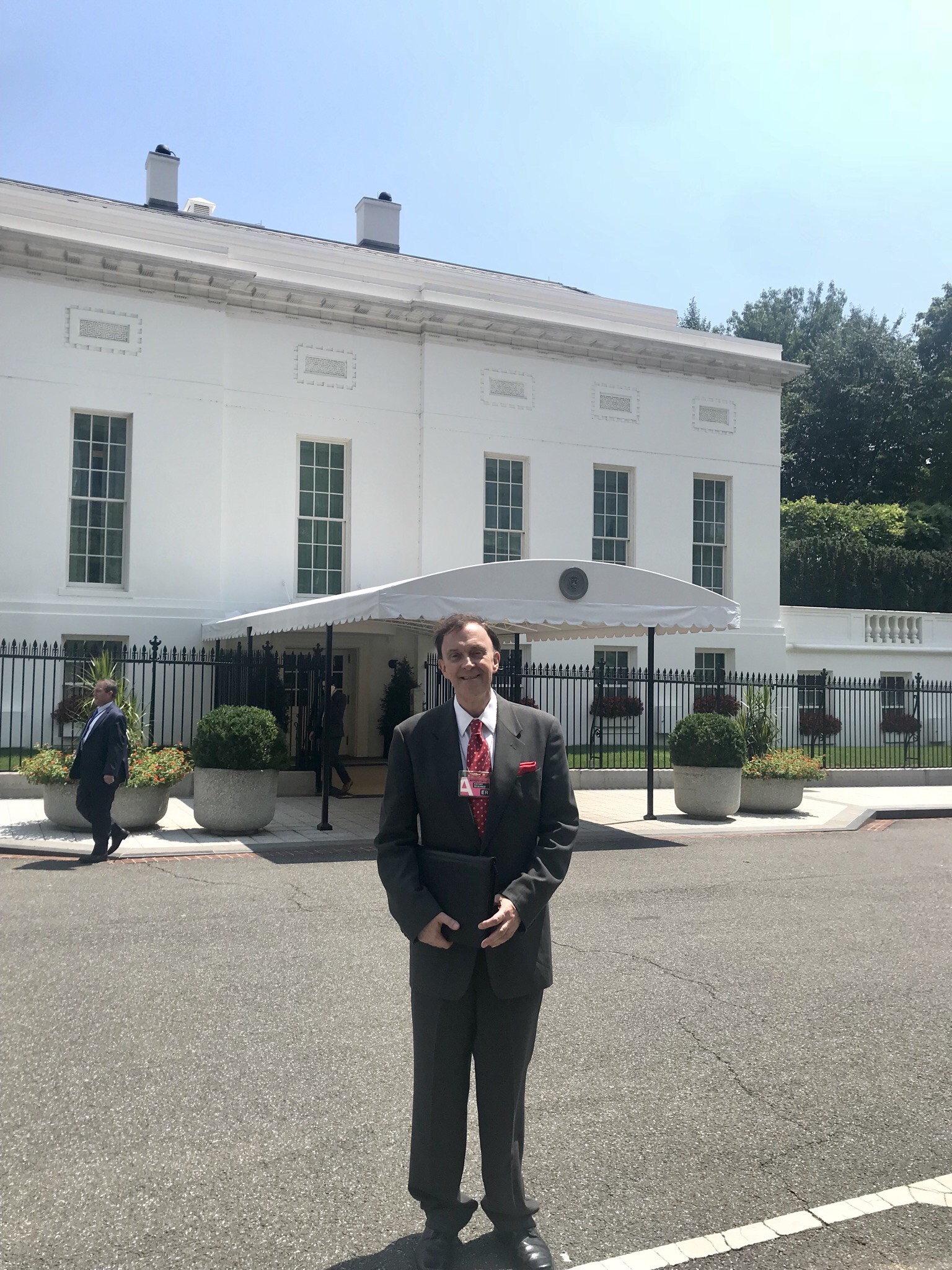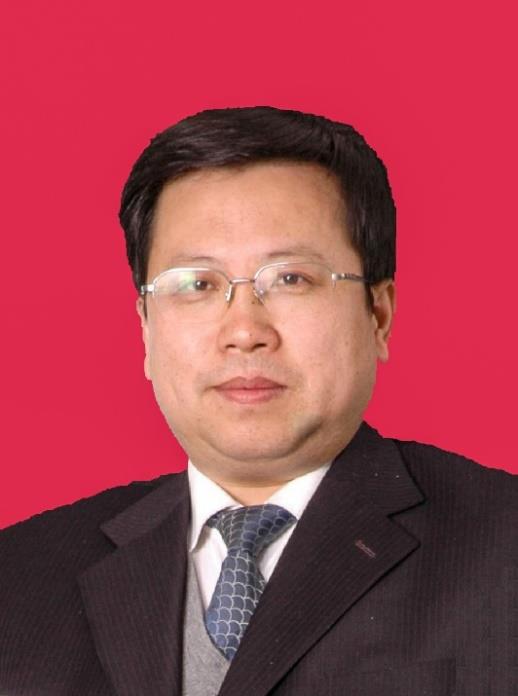MISTA 2019: Plenary Speakers
We are delighted to present the line up of our plenary speakers for the MISTA 2019 conference, which took place in Ningbo, China (12-15 Dec 2019). .
Tan Kay Chen, City University of Hong Kong
Kay Chen TAN (SM’08-F’14) received the B.Eng. (First Class Hons.) degree in electronics and electrical engineering and the Ph.D. degree from the University of Glasgow, Glasgow, U.K., in 1994 and 1997, respectively. He is a Full Professor with the Department of Computer Science, City University of Hong Kong, Hong Kong SAR. He has published over 300 refereed articles and 10 books. Prof. Tan is the Editor-in-Chief of the IEEE Transactions on Evolutionary Computation, was the Editor-in-Chief of the IEEE Computational Intelligence Magazine from 2010 to 2013, and currently serves as the Editorial Board Member of over 10 journals. He is currently an elected member of IEEE CIS AdCom, an IEEE DLP Speaker, and a Changjiang Chair Professor in China.
(Web Site)
Advances in Evolutionary Multitasking for Vehicle Routing
Evolutionary multi-tasking (EMT) is a recently emerged search paradigm in the realm of evolutionary computation. In contrast to traditional evolutionary algorithm (EA) which solves a single task in a single run, the EMT conducts evolutionary search concurrently on multiple search spaces corresponding to different tasks or optimization problems, each possessing a unique function landscape. By leveraging the useful knowledge across tasks while the evolutionary search progresses online, the EMT has demonstrated superior optimization performance in terms of search efficiency and effectiveness on continuous as well as discrete optimization problems, when compared to its single-task counterparts. Vehicle routing problem (VRP) is a generalization of the Traveling Salesman Problem (TSP), which has been proved to be NP-hard. To solve the VRP, traditional single-task optimization methods ignored the similarity shared among VRPs, which could lead to enhanced vehicle routing process when properly harnessed. Taking this cue, several EMT algorithms have been proposed towards an enhanced vehicle routing process in the literature. In this talk, I will present our recent progresses on advanced EMT algorithm designs for VRPs, such as Capacitated VRP and VRP with heterogeneous capacity, time window as well as occasional drivers. Some key issues of EMT algorithm designs for VRPs will also be discussed.
Nicholas G. Hall, Department of Management Sciences, Fisher College of Business, USA
Nicholas G. Hall is a Professor in the Department of Management Sciences at the Fisher College of Business, and holds a courtesy appointment in the Department of Integrated Systems Engineering, at The Ohio State University. He holds a Ph.D. in Management Science from the University of California, Berkeley, as well as B.A., M.A. degrees from the University of Cambridge, and a professional qualification in accounting. His research interests are in project management, incentives, scheduling, and applications of operations research. He has published over 80 articles in the journals Operations Research, Management Science, Mathematics of Operations Research, Mathematical Programming, Games and Economic Behavior, Interfaces, and several other journals. His main teaching interest is in project management, especially for MBA and EMBA courses. He has served for a total of over 40 years on the editorial boards of Operations Research and Management Science. He has given over 380 academic presentations, including 180 invited presentations in 28 countries, 18 conference keynote presentations, and 10 INFORMS national conference tutorials. A 2008 citation study ranked him 13th among 1,376 scholars in the operations management field. He won the Fisher College Pacesetters' Faculty Research Award in 1998 and 2005. He has served as President of Manufacturing and Service Operations Management society (1999-2000), and as Treasurer of INFORMS (2011-2014). He served on the State of Ohio Steel Industry Advisory Council (1997-2002). He has been a visiting professor at the Wharton School (University of Pennsylvania) and Kellogg School (Northwestern University). He is the owner of a consulting business, CDOR, which provides business solutions to the Ohio business and government communities, and advice on intellectual property issues to New York City law firms. In 2018, he served as the 24th President of INFORMS, and introduced an outreach program to leading policymakers at the White House and on Capitol Hill.
(Web Site)

A New Design for Tournaments
The tournament designs that are used for numerous professional and amateur sports events all over the world suffer from a number of well documented deficiencies. These deficiencies typically reduce the fairness, excitement value, profitability, and credibility of those tournaments. We describe a new design that substantially reduces these problems. We validate our design using both data from professional sports tournaments and an extensive sensitivity analysis with simulated data.
José F. Oliveira, Industrial Engineering and Management, Faculdade de Engenharia da Universidade do Porto, Portugal
>My main area of scientific activity is Operations Research and Management Science. Within Operations Research my main application area are the Cutting and Packing Problems, while from the techniques viewpoint my research is centered in the use and development of Metaheuristics approaches.
Cutting and Packing problems are hard combinatorial optimization problems that arise under several practical contexts, whenever big pieces of raw-material have to be cut into smaller items, or small items have to be packed inside a larger container, so that waste is minimized. These problems include hard geometric constraints when dealing with the optimization layer. I have also worked on Vehicle Routing Problem. My research on Lotsizing and Scheduling problems in industrial contexts mainly builds on my expertise on Metaheuristics.
More recently I have worked on the use of the quantitative methods, provided by Operations Research and Management Science, to support decision making in Higher Education institutions management, which includes workload models, sustainability, institutional benchmarking and assessment and evaluation of institutions and teaching staff.
(Web Site)
Tackling uncertainty in combinatorial optimization problems: using metaheuristics to efficiently co-generate scenarios and solutions
Uncertainty is receiving increasing attention, in the past years, from the Operational Research community. Methods that acknowledge uncertainty and incompleteness of information are an important research trend. Scenarios arise as key components in many of these methods, as instruments to deal with uncertainty. However, the scenario generation process is often unrealistically simplified. We propose that metaheuristics, namely based on genetic algorithms, can generate relevant and complex scenarios, without requiring a priori probability distributions. This is of particular interest in practical applications where there are many uncertain parameters, and it is significantly difficult to define their characteristics accurately. To address two-stage stochastic problems, we propose a method based on a co-evolutionary metaheuristic, where solutions and scenarios are generated and evolve in parallel. The goal of the evolution of the solution population is to obtain values for the first-stage decisions that perform well when compared with the scenario population. The goal of the evolution of the scenario population is to diversify the impact of its elements on the value of solutions. This methodology is able to support decision-makers with different risk profiles. To illustrate the method, we apply it to the integrated problem of fleet management and pricing for car rental companies under demand and competitor pricing uncertainty. When planning a selling season, a car rental company must decide on the number and type of vehicles in the fleet to meet demand. The demand for the rental products is uncertain and highly price-sensitive, and thus capacity and pricing decisions are interconnected. Moreover, since the products are rentals, capacity “returns”. This creates a link between capacity with fleet deployment and other tools that allow the company to meet demand, such as upgrades, transferring vehicles between locations or temporarily leasing additional vehicles. An ongoing extension of this work is an innovative scenario generator, based on this idea of impact diversity, that quickly provides representative sets of scenarios that can be used to feed not only a genetic algorithm but any stochastic solution method.
Lixin Tang, Northeastern University, China
Lixin Tang is a Chair Professor of the Institute of Industrial & Systems Engineering of Northeastern University, the Director of Key Laboratory of Data Analytics and Optimization for Smart Industry under Ministry of Education of China, and the Head of Centre for Artificial Intelligence and Data Science. His research interests cover plant-wide production and inventory planning, production batching and scheduling, data analytics and optimization for production process, integer optimization, computational intelligent optimization and machine learning, dynamic optimization and reinforcement learning, and engineering applications in manufacturing (steel, petroleum-chemical, nonferrous), energy, resources industry and logistics systems. He has published 89 papers in international journals such as OR, M&SOM, INFORMS Journal on Computing, IISE Transactions, NRL, IEEE Transactions on Evolutionary Computation. The paper published on flagship journal IISE Transactions won the Best Applications Paper Award of 2017. He serves as an Associate Editor of IISE Transactions, IEEE Transactions on Evolutionary Computation, IEEE Transactions on Cybernetics, Journal of Scheduling, International Journal of Production Research, Journal of the Operational Research Society, in Editorial Board of Annals of Operations Research.

Data Analytics and Optimization for Steel Industry
Some interesting topics on the production, logistics and energy analytics and optimization in steel industry will be discussed in this talk, including: 1) production scheduling in steel-making and hot/cold rolling operations; 2) logistics scheduling in storage/stowage, shuffling, transportation and (un)loading operations; 3) energy optimization including energy allocation and coordinated planning and scheduling of production and energy; 4) data analytics including dynamic analytics for BOF steelmaking process based on multi-stage modeling; temperature prediction for blast furnace; temperature prediction for molten iron in transportation process; analytics for description, diagnostics, and prediction of energy generation and consumption; temperature prediction for reheat furnace based on mechanism and data; strip quality analytics for continuous annealing based on multi-objective ensemble learning; process monitoring and diagnosis for continuous annealing based on mechanism and data.
Ling Wang, Tsinghua Univ, China
Ling Wang received the B.Sc. and Ph.D. degrees from Tsinghua University, Beijing, China, in 1995 and 1999, respectively, and now is a tenured Professor in Tsinghua Univ. His research interests mainly include intelligent optimization, scheduling and applications. He has authored 5 academic books and more than 150 SCI-indexed papers. His publications have attracted over 16K Google Scholar Citations. He is the Editor-in-Chief of International J of Automation and Control, the Associate Editor of IEEE Trans on Evolutionary Computation, Swarm and Evolutionary Computation, and the Editorial Board Member of Memetic Computing, J of Optimization, Control Theory and Applications, Control and Decision, Control Engineering, System Engineering and Electronics. Prof. Wang received the National Natural Science Award of China (2014), the Natural Science Award of the Ministry of Education (MOE) of China (both 2003 and 2007), the Science and Technology Awards of both Beijing City (2008) and Yunnan Province (2017). He also received the Best Paper Awards of ACTA AUTOMATICA SINICA (2014), Control Theory and Applications (2016), and Control and Decision (2017). He was the recipient of the National Natural Science Fund for Distinguished Young Scholars of China (2015), the New Century Excellent Talent in University by the MOE of China (2009), the Young Scientist Award of CAA (2016), and IEEE ICIC Outstanding Leadership Award (2018).
(Web Site)
Data-Driven Intelligent Optimization Scheduling
Optimization and scheduling problems are the significant issues faced by the manufacturing industry. Over the past few decades, an impressive number of data-driven intelligence algorithms were reported for solving the engineering optimization and scheduling problems (EOSPs). This talk first shows the complexities of the EOSPs; and then introduces a unified framework for the population-base intelligent optimization techniques from a systematic perspective as well as an integrated intelligent optimization framework; finally presents some typical research work in terms of theoretical analysis, constrained optimization and intelligent scheduling algorithms. The primary aim of this talk is to show that intelligent algorithms are powerful and general solution tools for solving the EOSPs, while it is more important to incorporate the problem-specific knowledge into the algorithms for solving specific problems.

